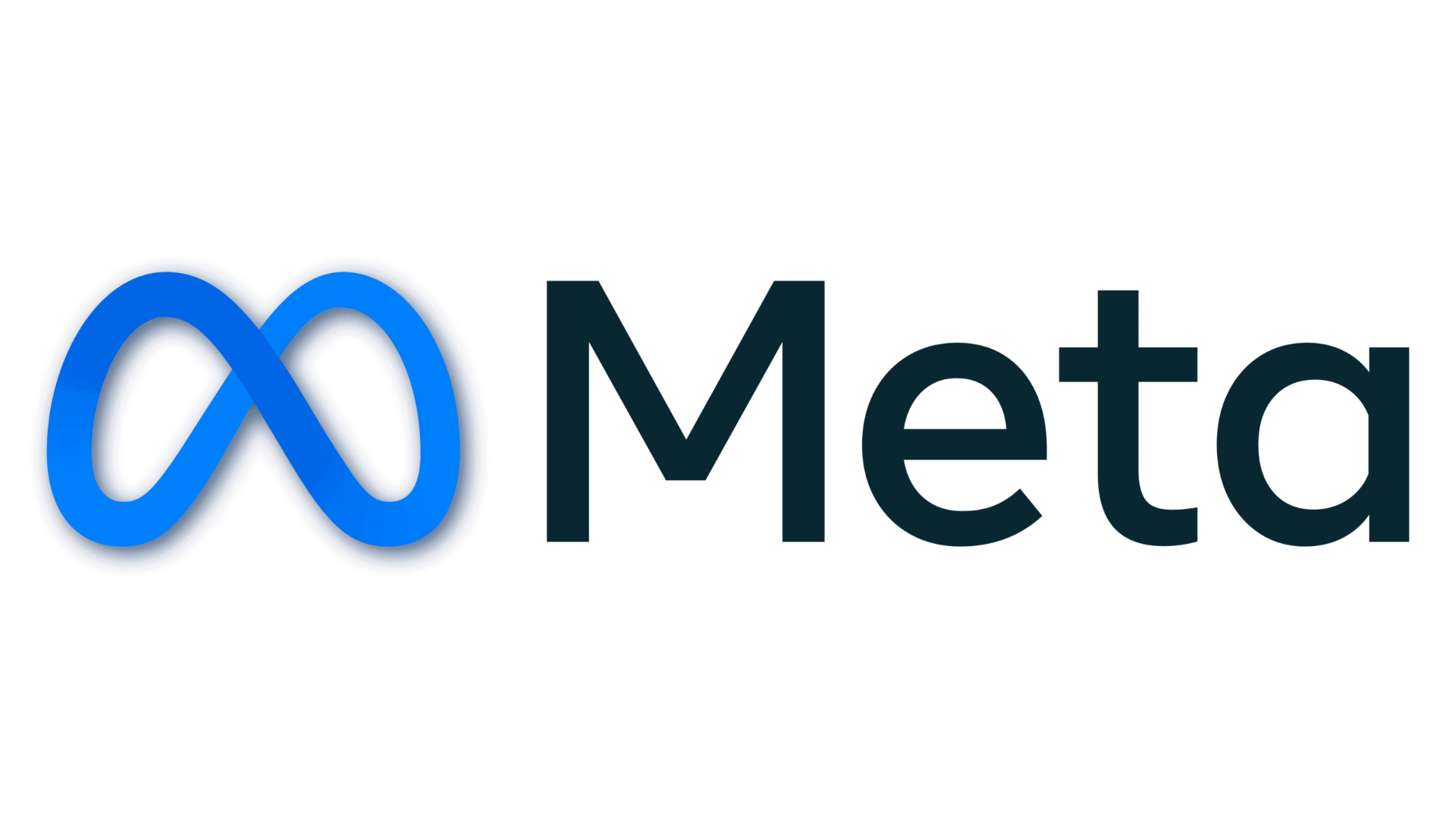A Webhook is a method for automated communication between different systems or applications in real time. When a specific event occurs in one system, the system triggers a notification or HTTP request to a predefined URL in another system, allowing the receiving system to take relevant actions based on the event.
Key aspects and benefits of Webhooks include:
Real-Time Data Transfer: Webhooks enable immediate data transmission as soon as an event takes place, providing real-time updates and responses.
Automation and Integration: Webhooks automate the communication between systems, enhancing integration and workflow efficiency.
Event-Driven Architecture: Webhooks follow an event-driven architecture, responding to specific events or triggers as defined by the sender.
Customization: Users can define the events, payload, and destinations for Webhooks, tailoring the communication to meet specific needs.
Webhooks have become a vital tool for connecting various applications and services, streamlining processes and allowing for seamless data exchange and automation.

